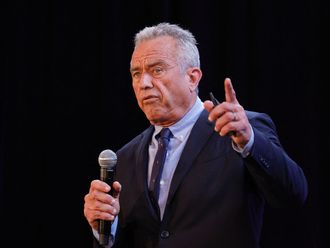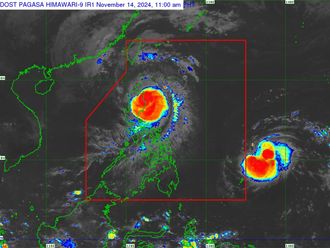Havana: Cuba has announced plans to do away with one million state jobs and to allow self-employment and the opening of small businesses, as part of an over haul of the country’s economic model.
Over 500,000 public sector jobs are also to be eliminated, in the first major cut, which will take place by March 2011.
Workers laid off from government jobs will also no longer be sent home with partial pay, but will have to find other means to make a living, the Cuban Worker's Central (CTC) said.
"Our state neither can, nor should, continue maintaining companies... with inflated payrolls and losses that are a drag on the economy. [They] are counterproductive, generate bad habits and deform worker's performance," the CTC said.
Cuba has a workforce of 4.9 million people in a country with a population of 11.2 million. The state controls 95 per cent of the economy.
In 2009, President Raul Castro announced that the government planned to relocate more than one million state employees.
For years, the government has given laid-off workers up to 60 per cent of their salary, while they are waiting to be placed in a new job. But now the CTC says, "It will no longer be possible to indefinitely protect or subsidise workers incomes”.
The government is expected to hand out 250,000 permits for some 120 different types of businesses, including household appliance repairs, cobblers, hairdressers, people selling herbs, mechanics, gardeners and translators.
Yvonne Molina, 27, recently received a permit to open a small seamstress business in her garage in downtown Havana. She said she hopes to earn more than of $20 (Dh73.46) a month, which is what the government pays.
"Every month I pay 300 pesos (about Dh44.07) for my licence, and I earned 250 pesos in one week. I've always fixed clothes," she said. "I used to do it illegally. Now I can make dresses, sell them and earn a living with no fear that I will be fined."
In Cuba, the official unemployment rate is 1.7 per cent.
However, half of the country’s land is currently not producing, and it currently imports 80 per cent of the food.
Cuba's former president Fidel Castro last week caused a stir when he told a US journalist, "The Cuban model doesn't even work for us any more."
Castro, 84, later confirmed he made the remark, but was amused to see it had been taken literally and said that he meant, "exactly the opposite”.











